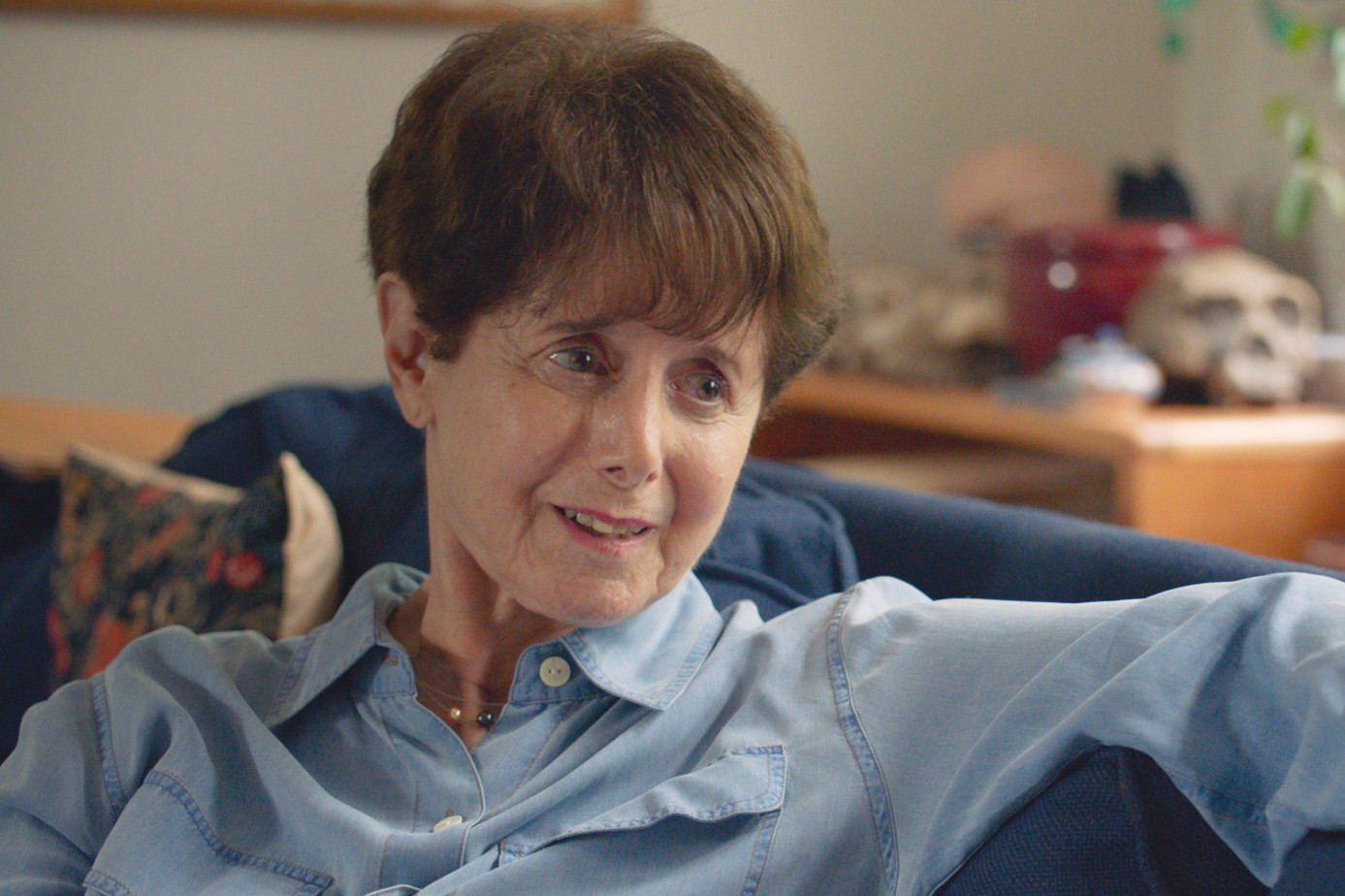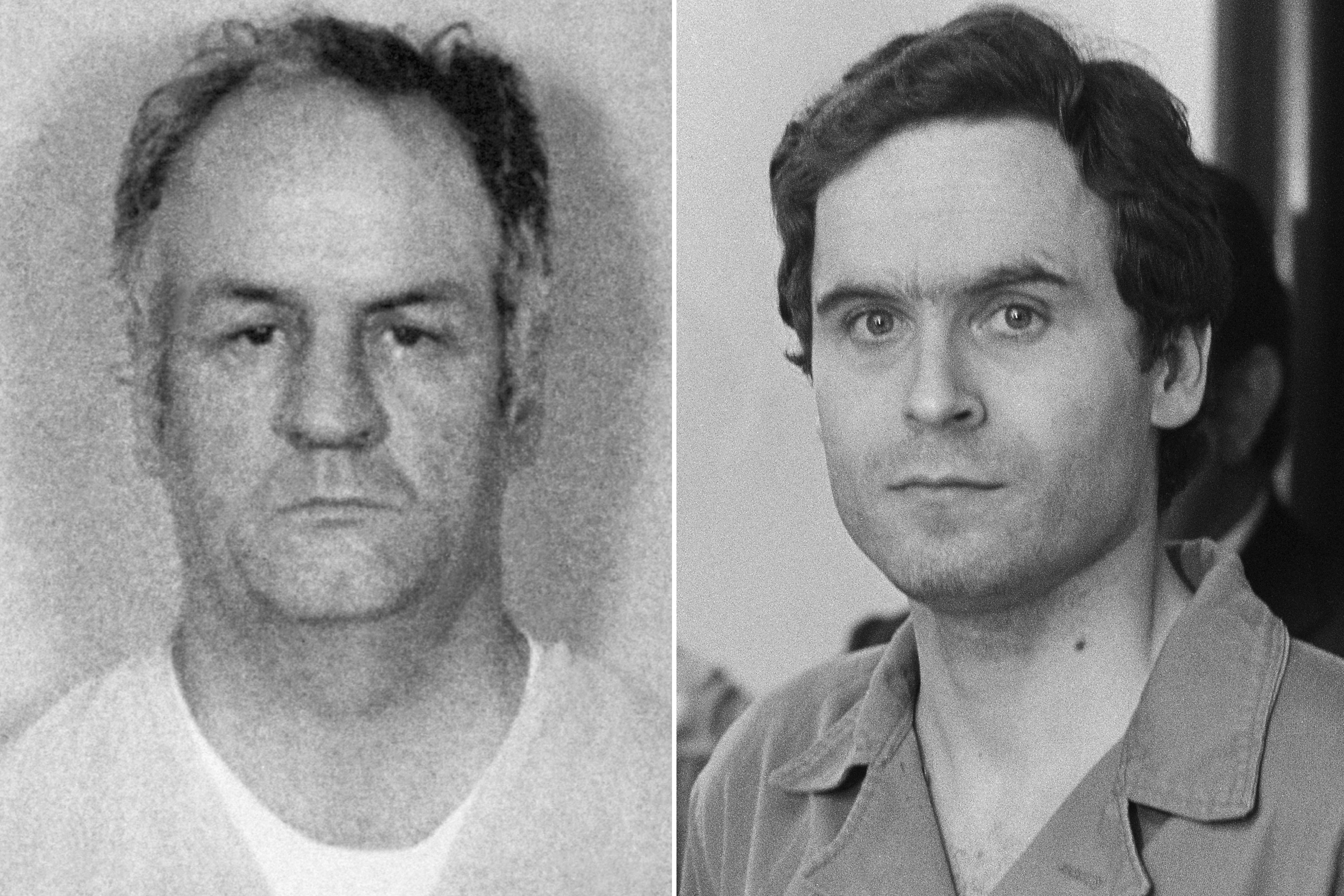More On: alex gibney
This is a great Oscar season for documentaries — Romania's 'Collective' is the latest proof
‘Crazy, Not Insane’ doc targets origins of cold-blooded serial killers
Your guide to all the fall 2020 TV premiere dates
Tiger Woods HBO series faces backlash over lack of diversity behind-the-scenes
"It's kind of a cocktail for violence," one expert said of common characteristics found in serial murderers.
To Dr. Dorothy Otnow Lewis, there’s no such thing as evil.
As a psychiatrist and one of the leading experts on serial killers, she believes people are “absolutely not” born to be violent.
“Evil is not a scientific term. It’s a religious term,” she says in the HBO documentary about her work called “Crazy, Not Insane,” directed by Alex Gibney, which premieres Wednesday at 9 p.m.
Based in New Haven, Conn., the 83-year-old has spent her life uncovering what makes a person become a killer. She’s interviewed and studied more than 100 adult and juvenile capital defendants and serial killers on death row, including Ted Bundy.
“It’s not a choice. There is no reason, in the sense of reasonableness, behind it. It’s a vulnerability,” she told The Post of what makes a slayer. “There are predictable variables.”
Through years of research, she and her team found the same combination of issues time and time again. “It’s kind of a cocktail for violence,” she said.
Here is her recipe for a cold-blooded killer.
Early childhood abuse
When a person suffers from “early, ongoing, intolerable abuse” as a child, it alters their brain for the rest of their life, particularly in the way they process emotions and feelings. “By God, they are different,” said Lewis.
During the first three years of life, a child’s brain grows rapidly, “making connections” neurologically, she said. “We know babies need nurturing if they’re going to grow up to be a normal, empathic, loving human being.”
Sometimes this damage is visible on the organ itself, causing a degenerative syndrome, like cortical atrophy, and “abnormalities,” she explained.
 Dr. Dorothy Otnow Lewis is questioned during the 1990 trial of Arthur Shawcross.
Dr. Dorothy Otnow Lewis is questioned during the 1990 trial of Arthur Shawcross. Kevin Higley/Democrat and Chronicle via USA TODAY NETWORK
 Dr. Dorothy Otnow Lewis
Dr. Dorothy Otnow Lewis HBO
Brain dysfunction
Sometimes, when the abuse is so bad, physical brain damage can happen to a killer in the making. Other times, the brain can be naturally damaged, as from a tumor, or underdeveloped. This can prevent the brain from tapering down primal urges.
“The limbic system is often called the reptilian brain, as that’s the part [that deals with] appetite, sexuality, aggression,” she said. There are many connections from this part to the frontal lobe, where humans process executive function and restraint. It’s the part of the brain that tells you not to eat that extra cookie, even though you want it. With killers, this part of the puzzle can be damaged.
Serial killer Arthur Shawcross, who terrorized the town of Rochester in the ’80s, was a textbook example of this. He suffered tortuous abuse at the hands of his mother. He also had frontal brain damage. Shawcross, who died in 2008, had a cyst and scarring in this area. This “interrupted” his frontal brain from stopping the urges produced by his limbic system.

Psychosis
Other times, this brain dysfunction takes the form of paranoia, dissociation and hallucinations. Many of the killers featured in the documentary were suspected by Lewis to suffer from dissociative identity disorder, otherwise known as multiple personalities.
Though some in her field dispute this diagnosis, Lewis believes it could stem from childhood abuse.
“My guess is that when the torment is extraordinary, like a schoolchild recurrently being raped, which happens, and it’s early and ongoing, the child [tends] to space out, and doesn’t do it consciously, as if this was happening to someone else,” she hypothesized.
Many of the suspected killers shown in the film, such as Shawcross, appeared to suffer from this disorder, switching in and out of different personalities as they committed murders and awaited punishment on death row. One such accused man, Johnny Frank Garrett, who was executed in Texas in 1992 for the murder of a nun, didn’t realize he had committed an act of violence because it happened under a “different” personality.












